In which of the following would be decarboxylates readily when heated ?
A
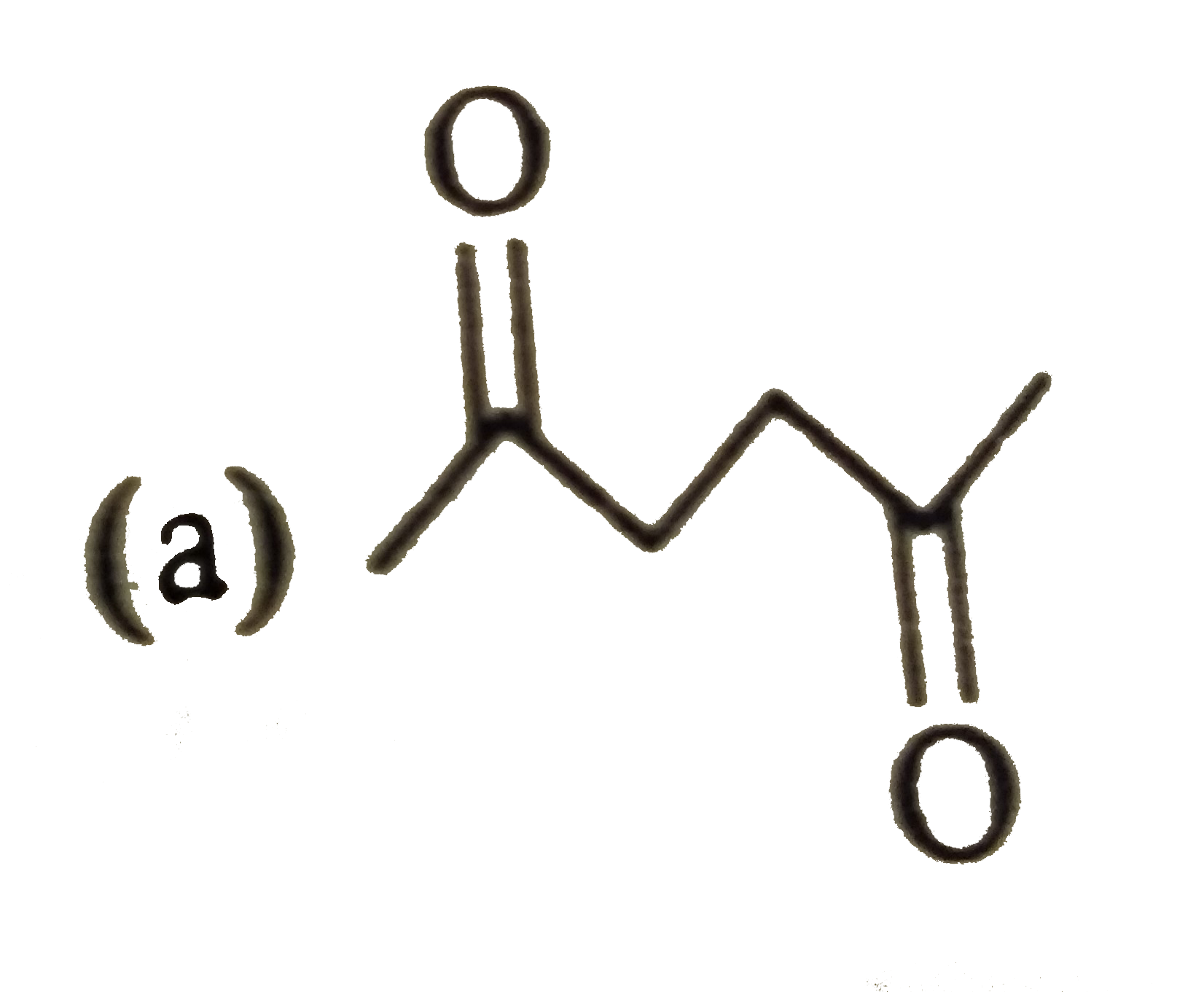
B
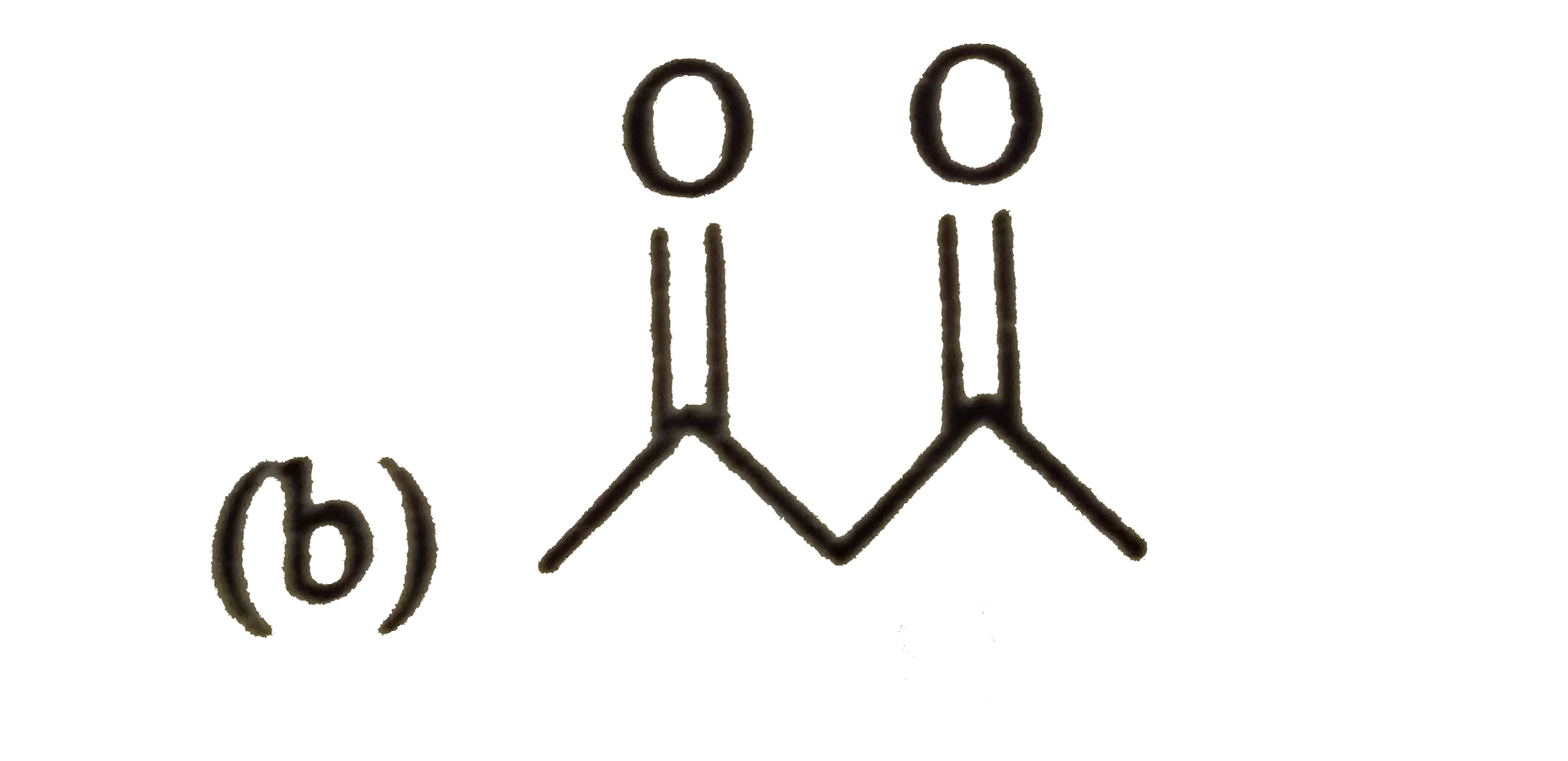
C
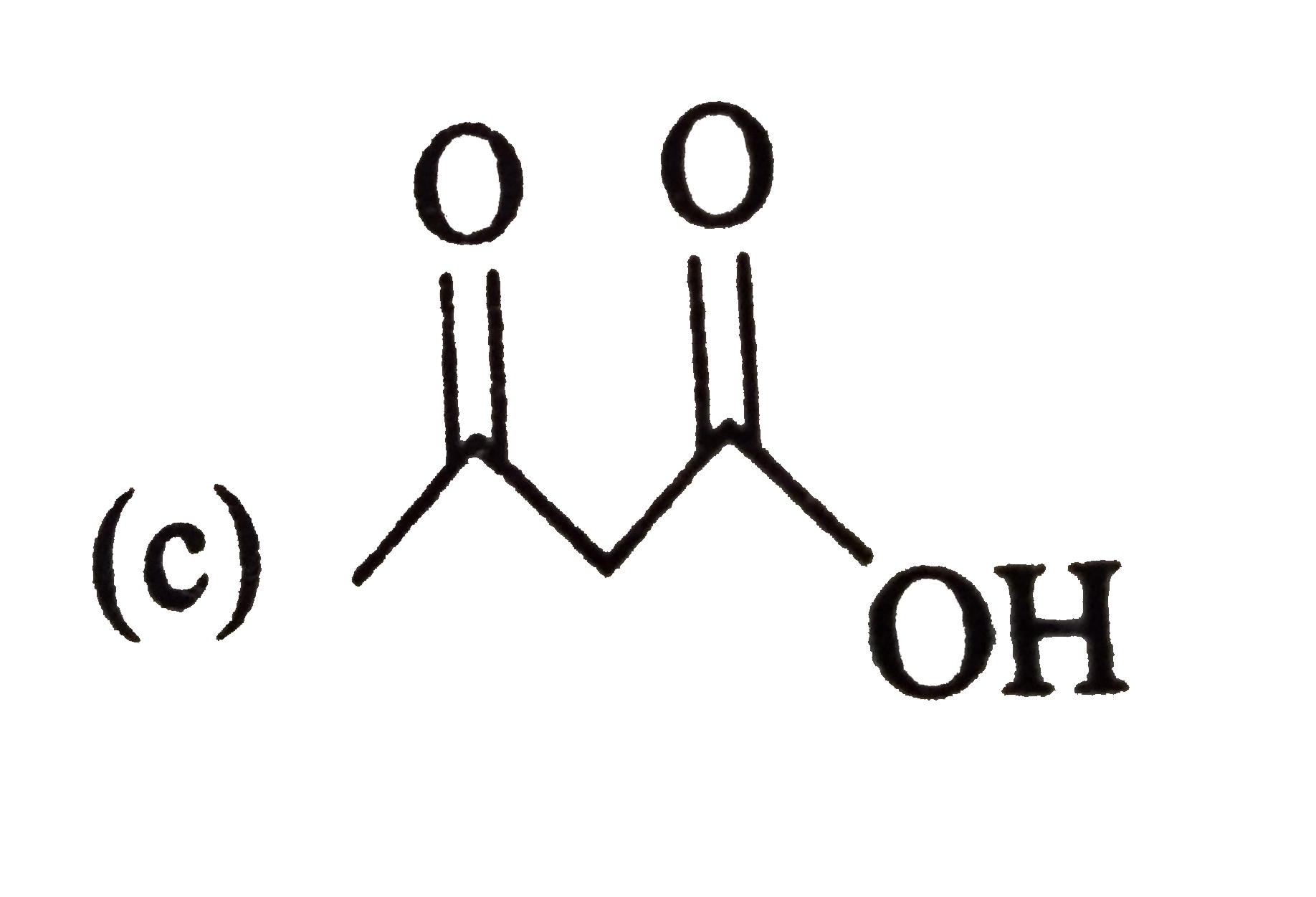
D
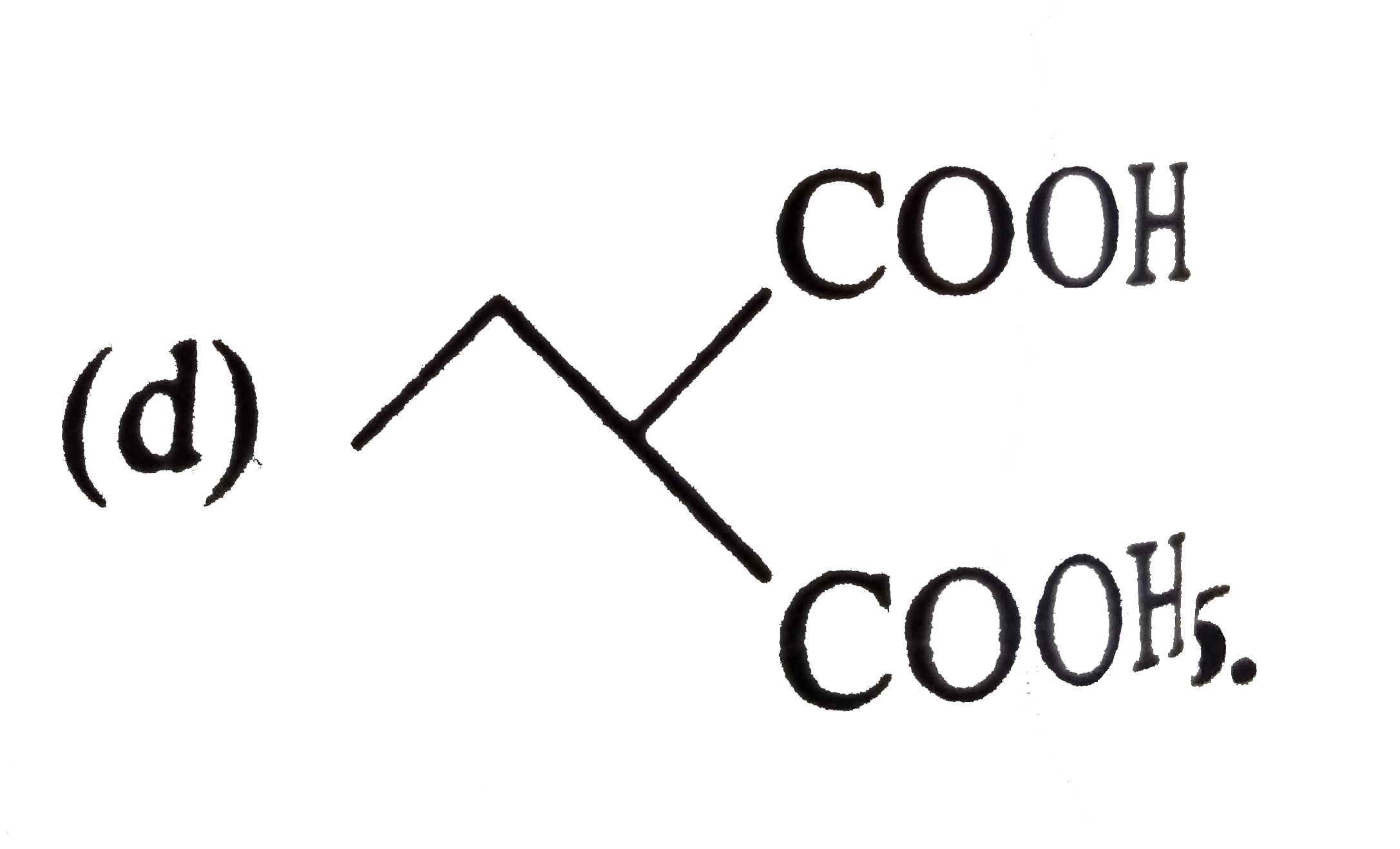
Text Solution
The correct Answer is:C, D
|
Topper's Solved these Questions
- CABOXYLIC ACIDS AND ITS DERIVATIVESBOOK - HIMANSHU PANDEYCHAPTER - CABOXYLIC ACIDS AND ITS DERIVATIVESEXERCISE - More Than One Correct (Q.50 To Q.50)
1 Videos
- CABOXYLIC ACIDS AND ITS DERIVATIVESBOOK - HIMANSHU PANDEYCHAPTER - CABOXYLIC ACIDS AND ITS DERIVATIVESEXERCISE - Linked Comprehension Type (Q.1 To Q.25)
25 Videos
- CABOXYLIC ACIDS AND ITS DERIVATIVESBOOK - HIMANSHU PANDEYCHAPTER - CABOXYLIC ACIDS AND ITS DERIVATIVESEXERCISE - More Than One Correct (Q.1 To Q.25)
25 Videos
- BIOMOLECULESBOOK - HIMANSHU PANDEYCHAPTER - BIOMOLECULESEXERCISE - Match The Column
6 Videos
- CARBONYL COMPOUNDSBOOK - HIMANSHU PANDEYCHAPTER - CARBONYL COMPOUNDSEXERCISE - Subjective Type Problems
10 Videos
Similar Questions
Knowledge Check
Which of the following would decarboxylates readily when heated ?
AHN=CH−CH2−SO2HB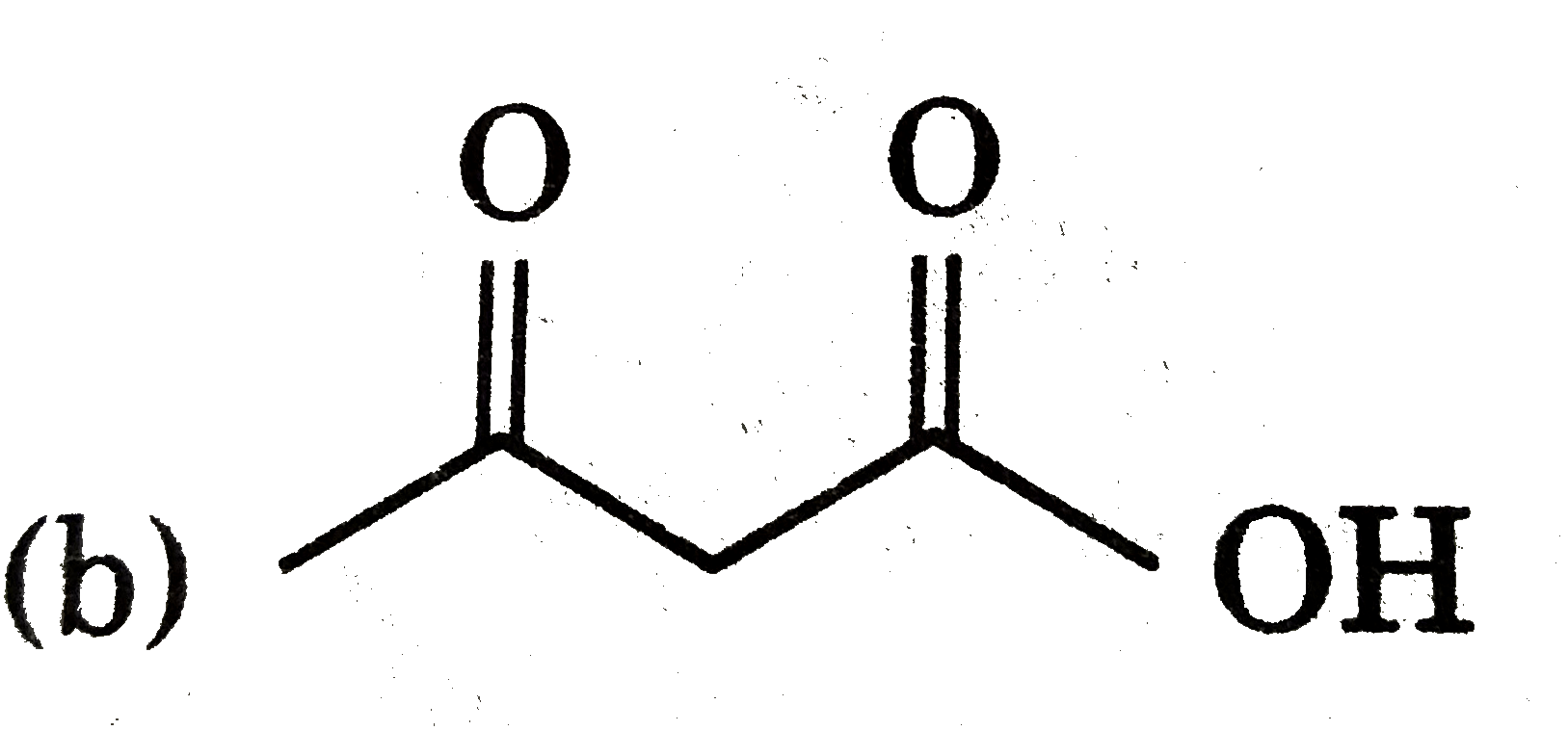 C
C D
D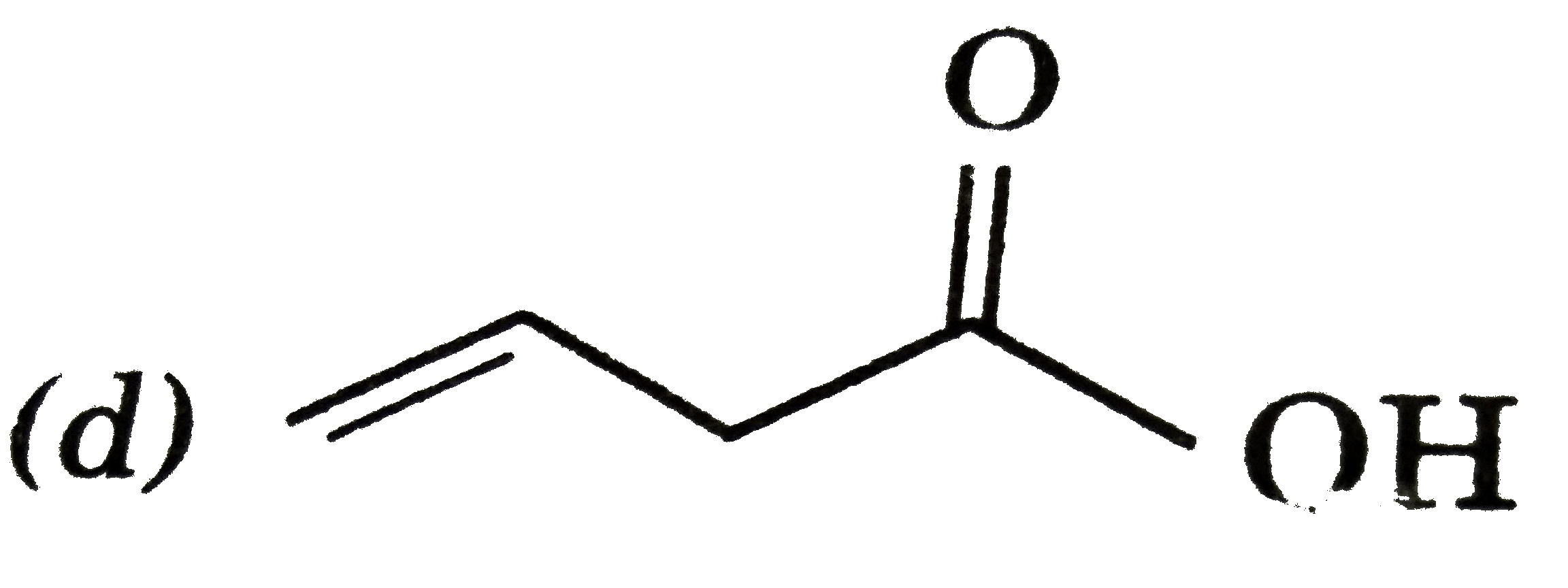
Which of the following decarboxylate on heating ?
A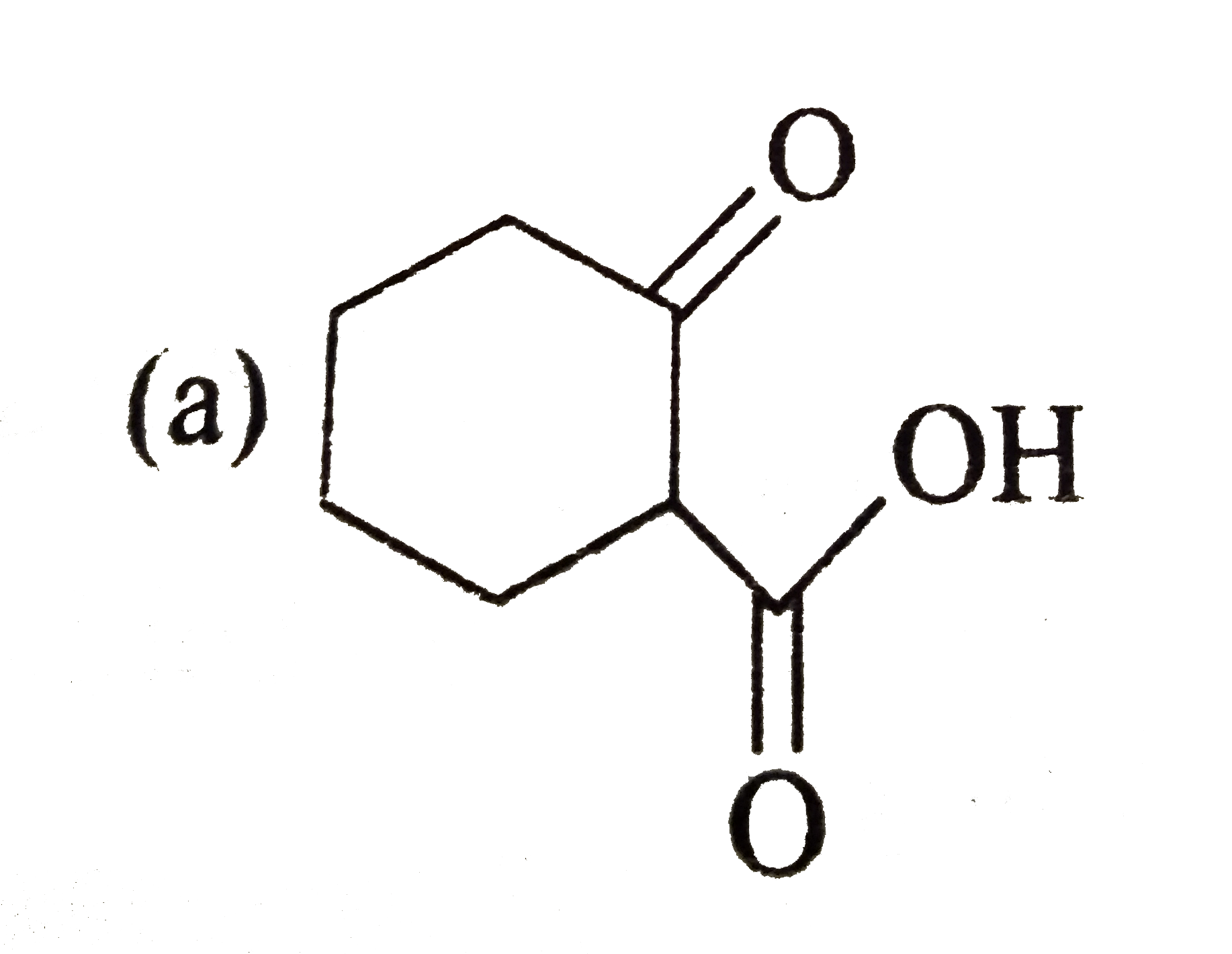 B
B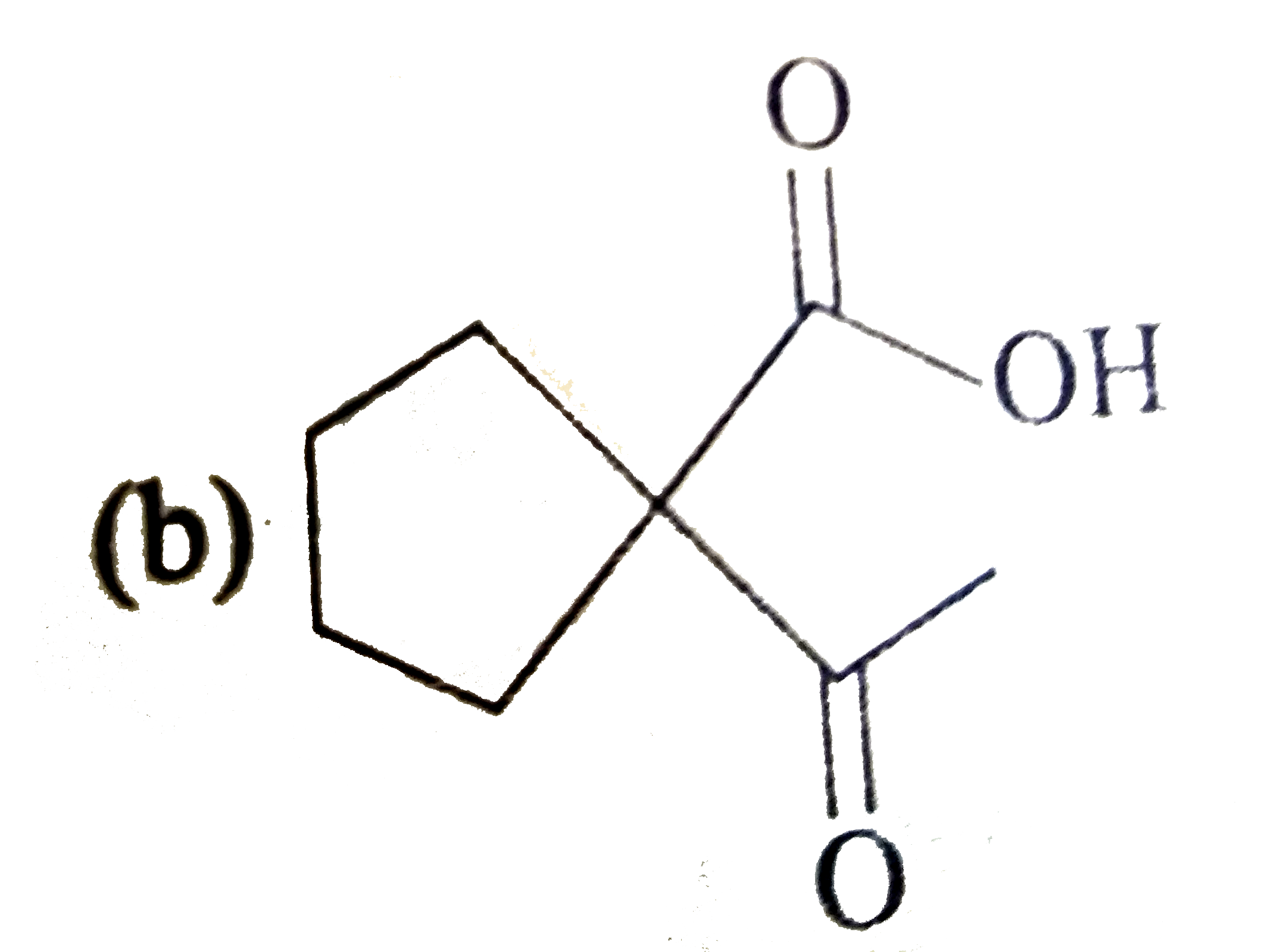 C
C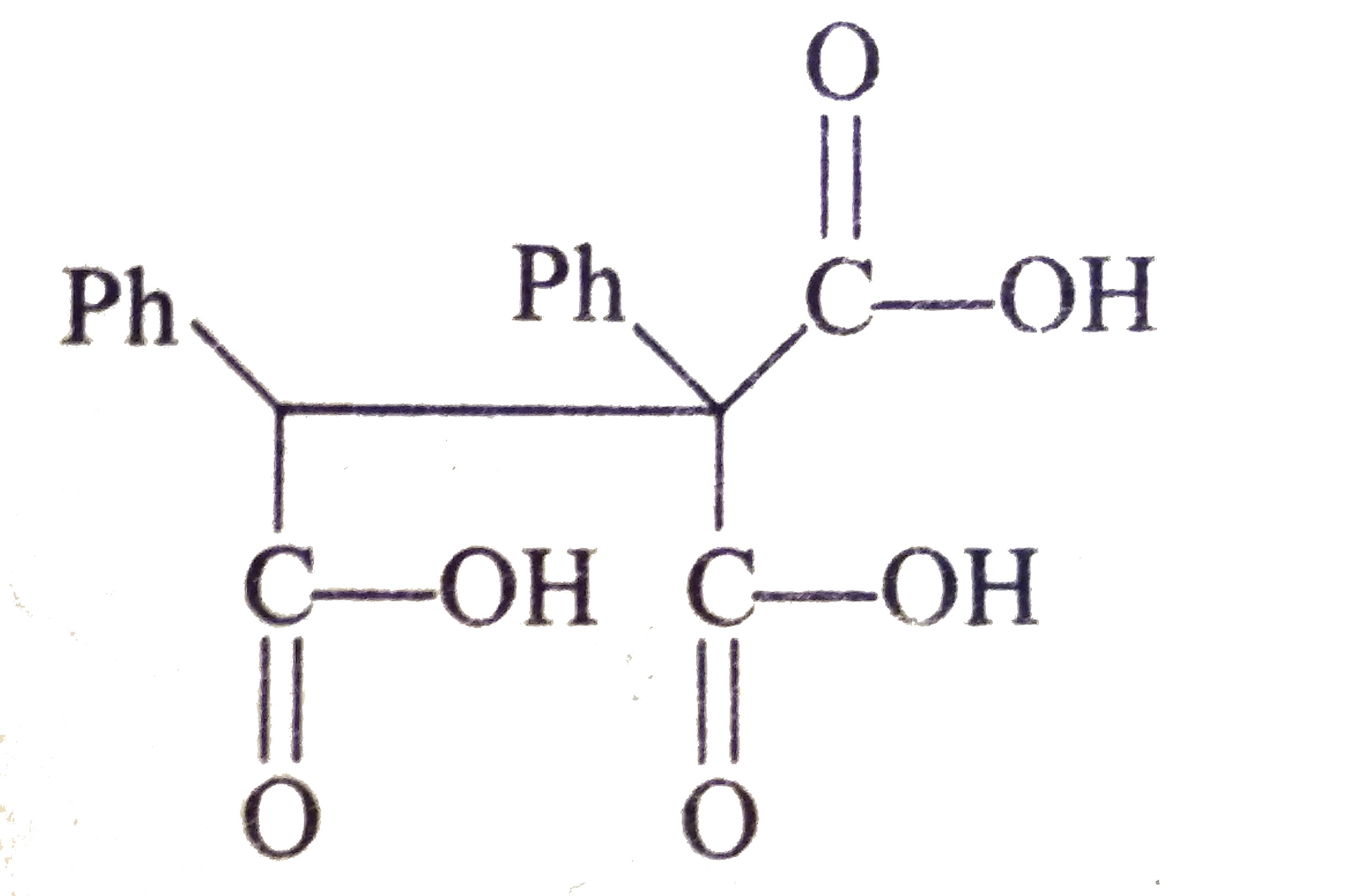 D
D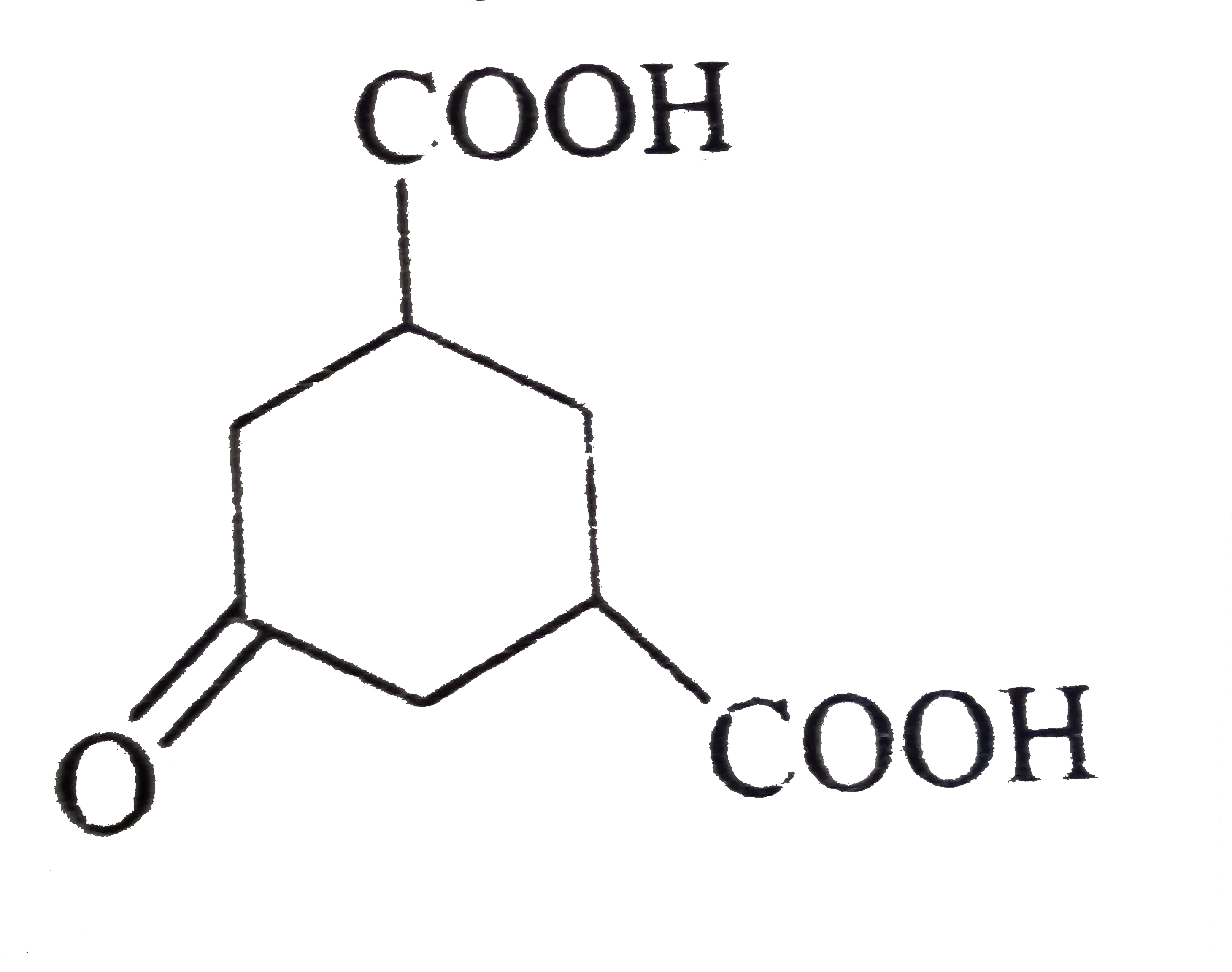
Which of the following will undergo decarboxylation easily?
AC6H5CO−CH2−COOHBC6H5−CO−COOHCC6H5−C∣OHH−COOHDC6H5−C∣NH2H−COOH
Which of the following decarboxylate on heating?
View SolutionWhich of the following undergo easy decarboxylation ?
View SolutionWhich of the following would yield a carbon radical on heating?
View SolutionWhich of the following decarboxylates?
View SolutionWhich of the following undergoes decarboxylation most readily on being heated?
View Solution
